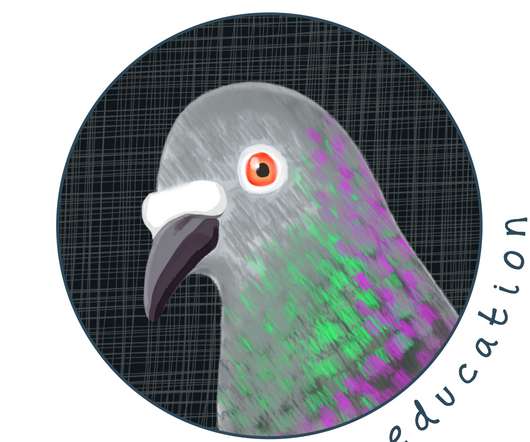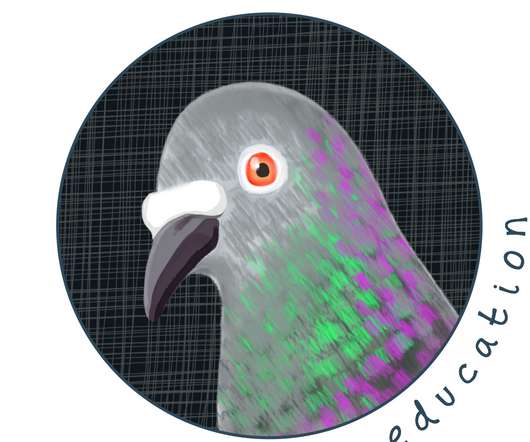In China, Online Degrees on Hold, Even as MOOCs Rise
Edsurge
DECEMBER 10, 2021
In fact, the country has no institution that is approved to deliver online degrees, even though it has moved rapidly to embrace MOOCs, free or low-cost online courses offered to millions throughout the country. Michael Wang, CEO of Beacon Education, a Beijing company I consult with that delivers U.S. colleges and universities.













































Let's personalize your content